Recently find out you passed the CFA Level 1? Naturally, the next question is: When should you start studying CFA Level 2 curriculum? In today’s post, we cover the most common question we get around the end of summer. For CFA Level 2 candidates, the difference between procrastination, and a well thought out study schedule, can make all of the difference.
When to Start Studying CFA Level 2: Soon Is Rarely a Bad Thing
Being over-prepared has few drawbacks. When it comes to studying for the CFA Level 2, this is just as applicable. While I have many students in my tutoring experience that express how difficult the CFA Level 1 exam be, I assure them that CFA Level 2 is no more pleasant. In fact, there is a strong argument for the case that CFA Level 2 may be even harder than CFA Level 3. For this reason, I recommend to start studying CFA Level 2 material with plenty of lead time. An ideal approach, in my view, is to begin around November. Given the last two weeks of December are busy personally for most people, it really gives you about a month head start to lay some groundwork.
That said, there is no need to begin before the summer is over (since the exam date won’t be until the following June).
What Topic Should I Start With?
If you have the time to start early enough, then I suggest starting with Equities, Ethics, and FR&A. Equities is one of the larger sections and it’s actually not that hard (for most people). Fixed Income and Derivatives are two subjects that when it comes to CFA Level 1 vs Level 2, are MUCH more challenging in CFA Level 2. Take plenty of time to review those topics, and practice questions via Schweser’s QBank. Portfolio Management is your next priority. Since it is almost half the exam for Level 3, make it a priority this time around. It will help tremendously. Ethics is something you want to continuously be doing, as it takes little time and is often common sense. You can get away with about an hour a week (split into two half hour sessions Monday and Friday to keep it fresh). For all of the above topics be sure to visit the CFA Institute‘s website for practice questions. These questions are much harder than the real thing, but an excellent resource.
How Much Time Should I Spend on Each Topic?
Most blogs will give you a fairly high level summary of topics on where to start. But wouldn’t it be nice for someone to break down your study schedule for you? My arm’s been twisted enough, so I’ve included one below. Here is a schedule for those that thrive off of structure. If you’re disciplined enough to stick to this schedule (and each period of time should include as many practice questions as you can fit), then this should give you ample preparation time needed to pass.
- Equities: Nov 1 – Nov 22
- FR&A: Nov 23 – Dec 20
- Ethics: Nov 1 – Dec 20 (Mon, Wed, Fri – 1 hour per day)
- Fixed Income: Jan 6, 2020 – Jan 26
- Review: Jan 27 – Feb 7 (Review Equities, FR&A, Ethics, and Fixed Income)
- Derivatives: Feb 10 – Mar 2
- Portfolio Management: Mar 3 – Mar 23
- Quantitative: Mar 24 – Apr 13
- Review: Apr 14 – Apr 27 (Review Equities, FR&A, Fixed Income, Derivatives, Portfolio Management, Quantitative)
- Economics: Apr 28 – May 8
- Corporate Finance: May 9 – May 14
- Alternative Investments: May 15 – May 20
- Review: May 21 – June 5
